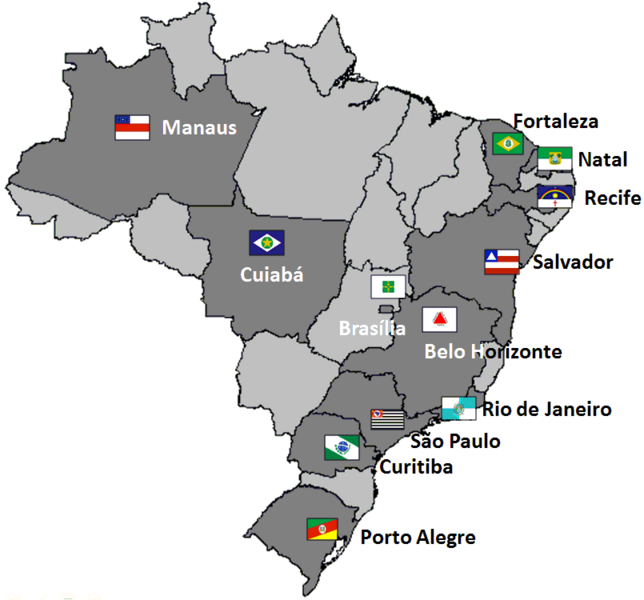These days, services outsourced to Central America reach far beyond call center offerings. Costa Rica blazed the trail in LAtin America for software development services and web design. In fact, Costa Rican design and programming firm InterGraphic Designs signed popular nearshoring news source Nearshore Americas as a client.
Beyond Costa Rica, other countries in Central America have well-established companies in local web development market. In Nicaragua, check out Guegue and Webbasica, web studios that offer web development, design, marketing, and hosting services. El Salvadorian company Happy Punk Panda Studios creates digital campaigns for brands, and an array of web companies are popping up in Guatemala.
Beyond Costa Rica, other countries in Central America have well-established companies in local web development market. In Nicaragua, check out Guegue and Webbasica, web studios that offer web development, design, marketing, and hosting services. El Salvadorian company Happy Punk Panda Studios creates digital campaigns for brands, and an array of web companies are popping up in Guatemala.








